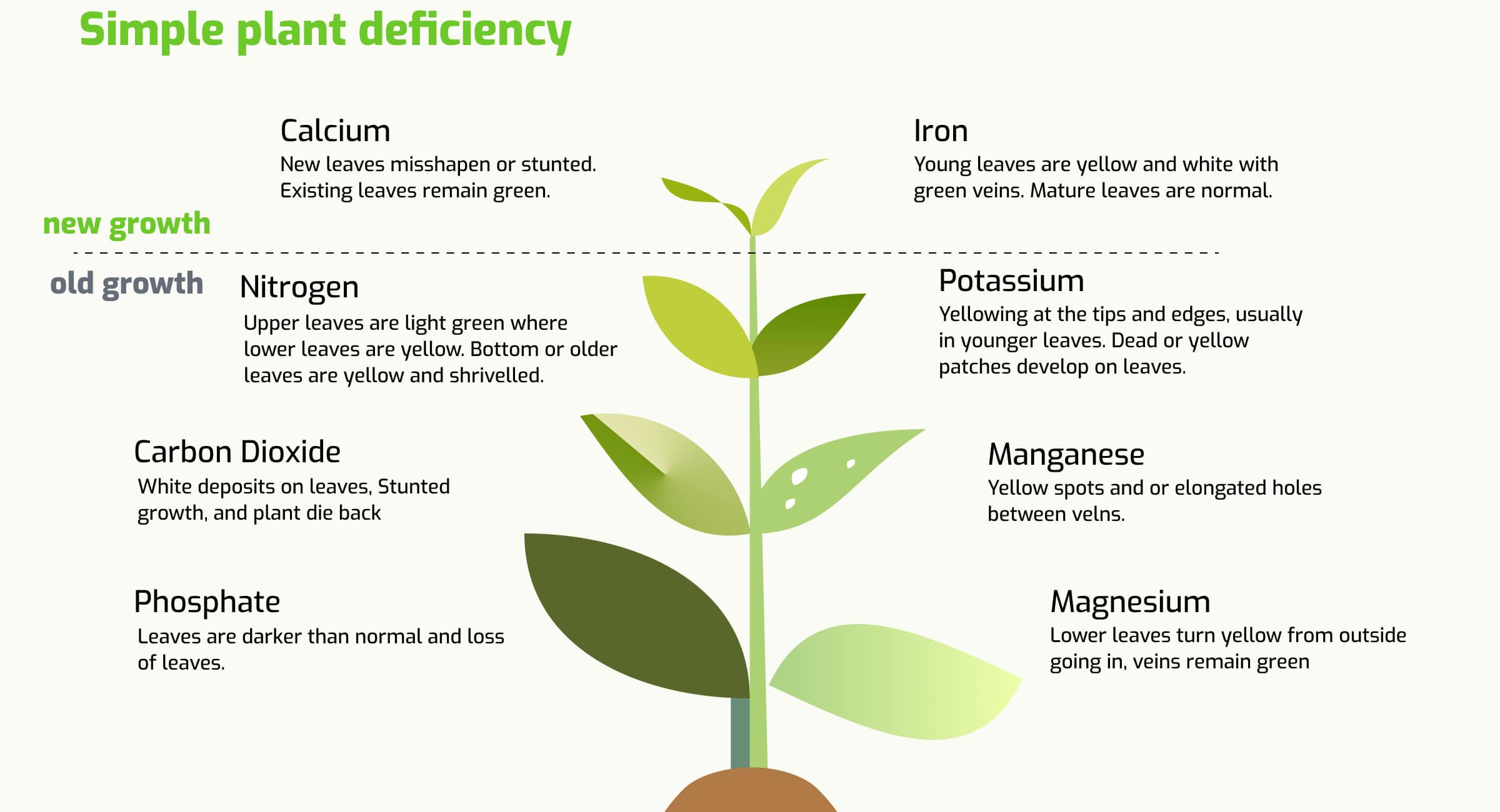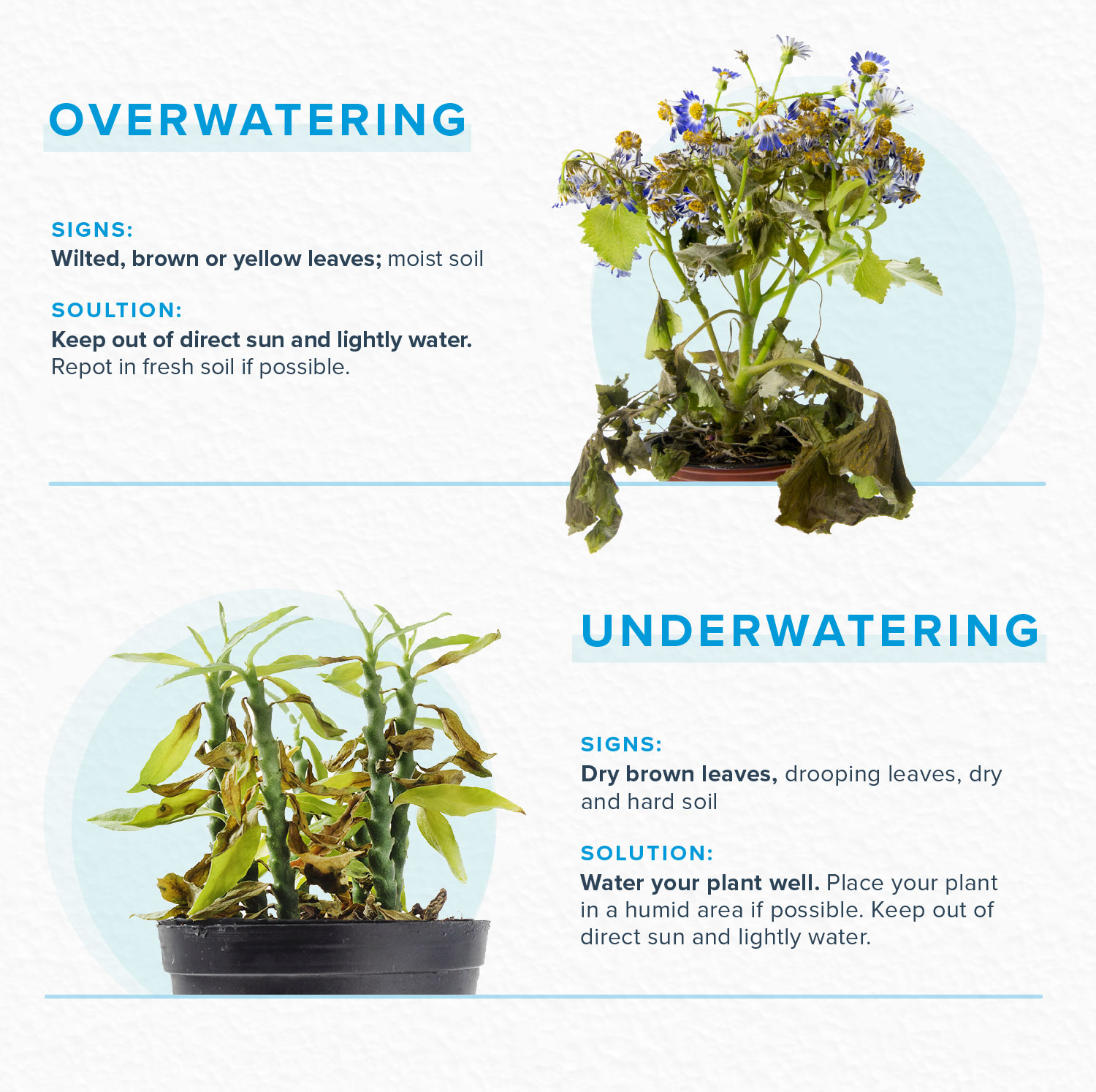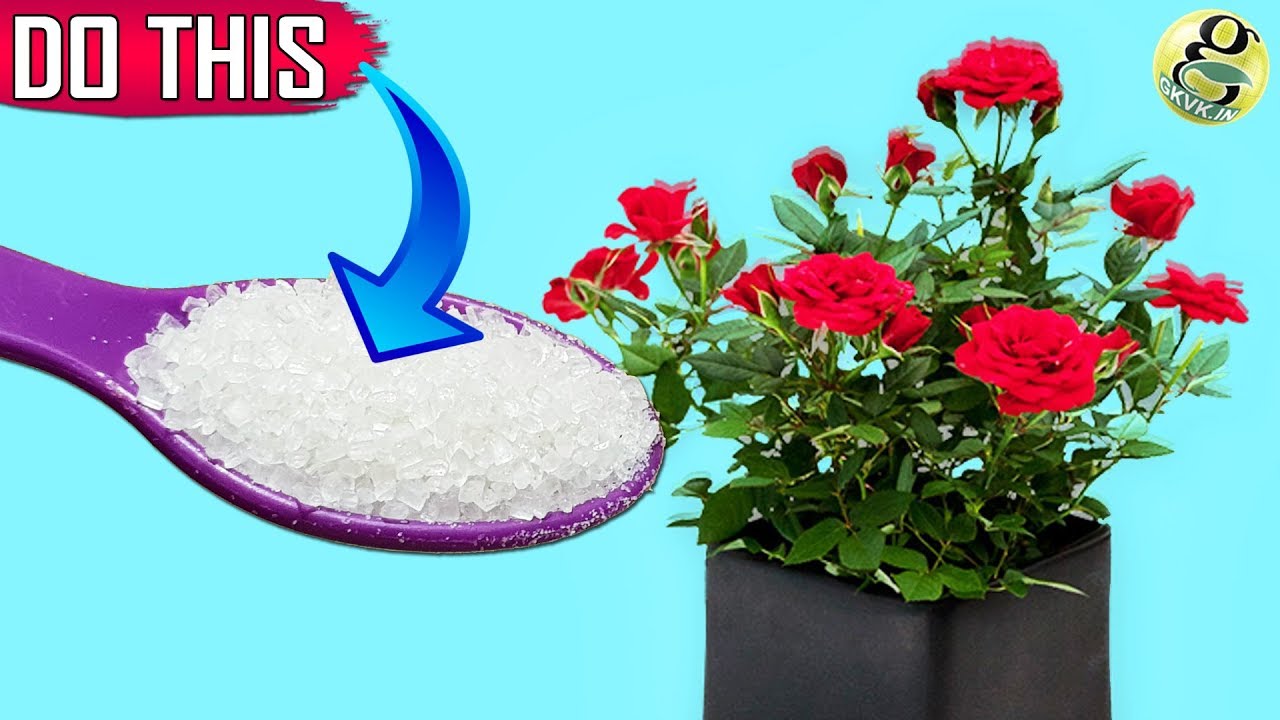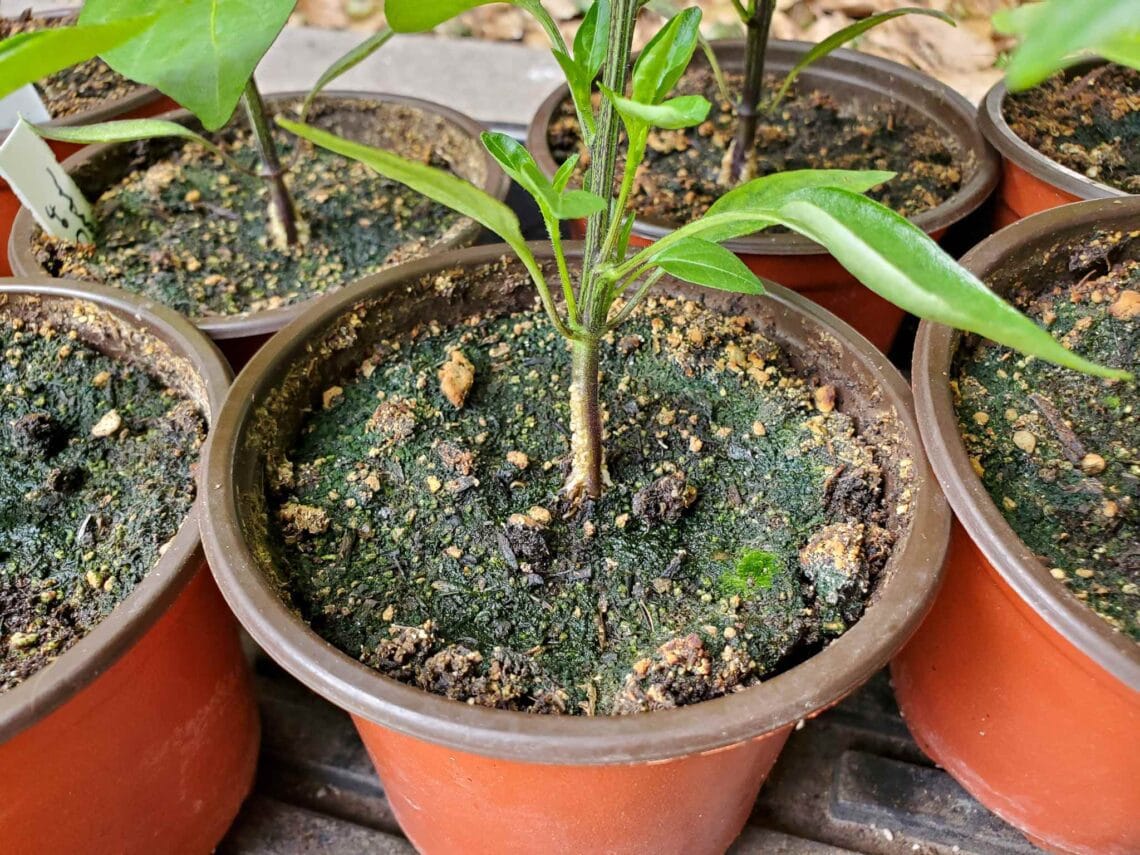How to tell if a plant lacks nutrients
Plants, like humans, require a balanced diet to thrive. When they don’t get the necessary nutrients, they can show signs of deficiencies. Here are some common signs that your plants might be lacking essential nutrients and how you can address the issue:
1. Yellowing leaves
- If your plant’s leaves are turning yellow, it could be a sign of nutrient deficiency. Yellowing leaves can indicate a lack of nitrogen, iron, or magnesium.
- To address this issue, you can try adding a balanced fertilizer to provide the missing nutrients. Make sure to follow the instructions on the fertilizer package for the correct dosage.
2. Stunted growth
- If your plant’s growth seems to be slowing down or stunted, it may be lacking essential nutrients like phosphorus or potassium.
- You can address this issue by supplementing with a fertilizer that is high in phosphorus and potassium. This will help promote healthy growth and development in your plants.
3. Leaf discoloration
- Discoloration on the leaves, such as brown spots or streaks, can be a sign of nutrient deficiency. This could indicate a lack of calcium, boron, or zinc in the soil.
- To remedy this, you can add amendments like lime for calcium or zinc sulfate for zinc. Make sure to adjust the pH of the soil as needed to ensure proper nutrient uptake.
4. Weak stems
- If your plant has weak or spindly stems, it may be lacking calcium or silica, which are important for structural support in plants.
- You can strengthen your plant’s stems by adding a calcium supplement or using a silica-based fertilizer. This will help improve the overall stability and health of your plants.
5. Poor fruit or flower production
- If your plants are not producing fruits or flowers as expected, they may be lacking essential nutrients like potassium or magnesium.
- You can boost fruit and flower production by adding a fertilizer that is high in potassium and magnesium. This will help stimulate blooming and promote healthy fruit development.
By keeping an eye out for these common signs of nutrient deficiency, you can help ensure that your plants are receiving the necessary nutrients to thrive. Remember to always follow the instructions on fertilizers and supplements to avoid over-fertilization, which can be harmful to your plants. With proper care and attention, you can keep your plants healthy and flourishing.



